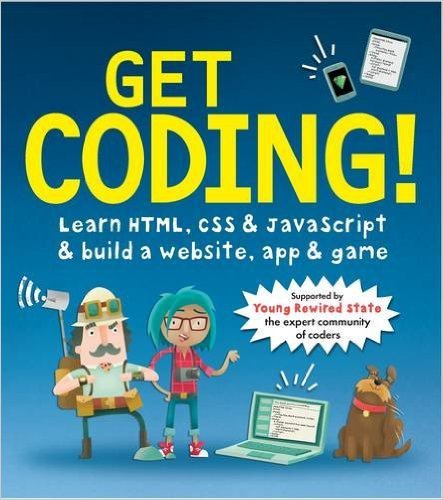Showing 22 results
This resource has been developed by the Royal Society of Edinburgh (RSE) and the BCS Academy of Computing. It will seek to consolidate learners’ understanding of modern information systems concepts, through study of web technologies, including HTML.
Whilst this resource has been designed to be used as a...
The cs4fn magazine is a magazine on the fun side of all things to do with computer science. The authors write up computing research in a fun and accessible way that puts across their enthusiasm for the subject. Unplugged computing, computational thinking and practical applications of computers in many areas are...
This resource contains a Lesson Plan centred on the Computer Misuse Act and the choices students might have to make with respect to the act and peer pressure. It helps make clear to students what activities are considered criminal ones with respect to the act as well as asking them to rank criminal activity online...
"Computing isn't about computers" - this quote from one of the CS4FN authors, Paul Curzon, should give you an idea about the resources in this collection. Designed to inspire, these activities are about people, solving puzzles, creativity, changing the future and, most of all, having fun. Magic tricks, philosophy,...
This booklet is an example of a programme of study for ICT and Computing produced by Matt Britland. The programme contains details of the ICT strands and aims and fourteen original projects for students in years 7-9. Each project includes a link to a presentation that...
This resource consists of a presentation and some supporting materials to enable students to research and create their own presentation around the ideas that there are Ethical, Legal and Environmental Issues surrounding the use of ICT in Business and Educational surroundings. The presentation sets the scene,...
A complete unplugged activity for a lesson in how data packets travel across the internet, and how the complete message that they contain is reassembled. The activity also has provision for students to film themselves participating in the process and explaining the stages that everything goes through. There are...
The national strategy for Key Stage 3 is mounted by the Department for Education and Skills (DfES) and supported by a national team. The aim of the strategy is to raise standards by strengthening teaching and learning, developing cross-curricular skills such as literacy and numeracy, helping pupils who come into...
The national strategy for Key Stage 3 is mounted by the Department for Education and Skills (DfES) and supported by a national team. The aim of the strategy is to raise standards by strengthening teaching and learning, developing cross-curricular skills such as literacy and numeracy, helping pupils who come into...
Encryption is the key to information security. The key to modern encryption is that using only public information, a sender can lock up their message in such a way that it can only be unlocked by the intended recipient. The resource begins with a detailed explanation of the activity and how the process of...
The BBC micro:bit is capable of taking on a variety of roles including that of a powerful IoT device. In order to gain full access...
This resource provides an overview for a lesson where students in Year 7 choose a blogging platform (if they are allowed to choose for themselves this comparing and contrasting the various offerings could be a lesson in itself), and set up a blog. They are also given various prompts to help with evaluating what...
Developed by the National Centre for Computing Education, these question banks can be used with key stage 3 computing and GCSE computer science students.
The question banks linked below focus on computer networks.
How to use these question banks?...


